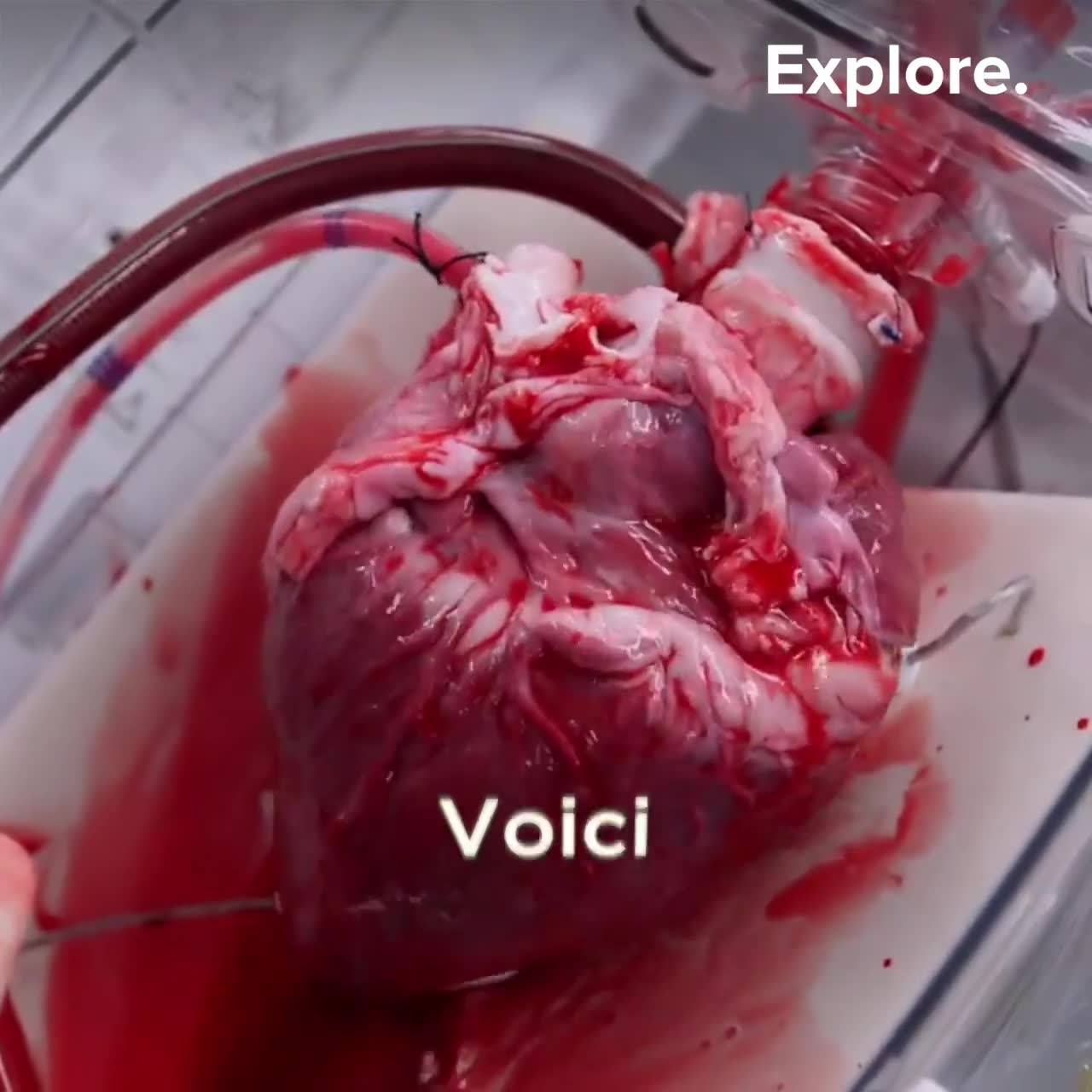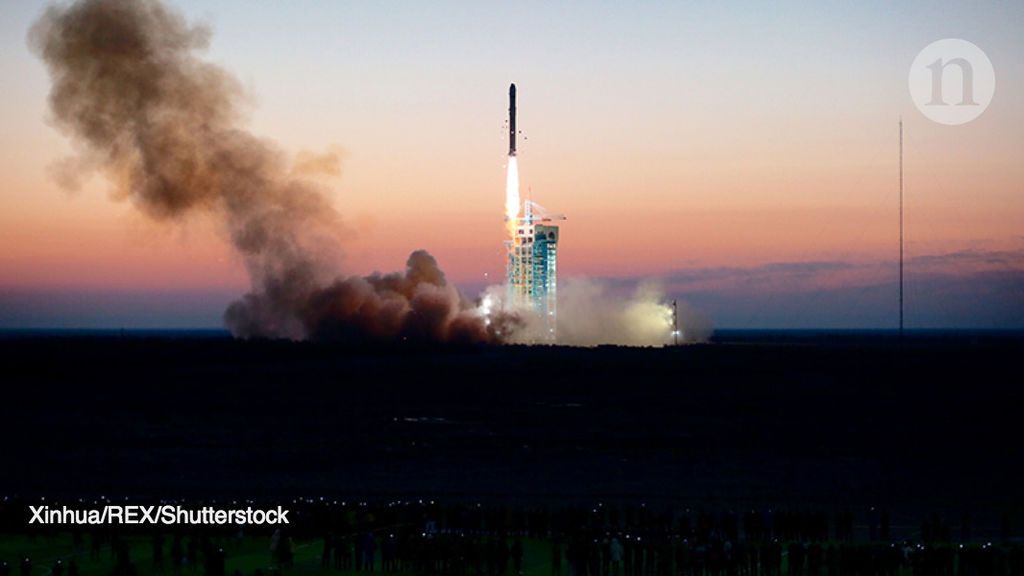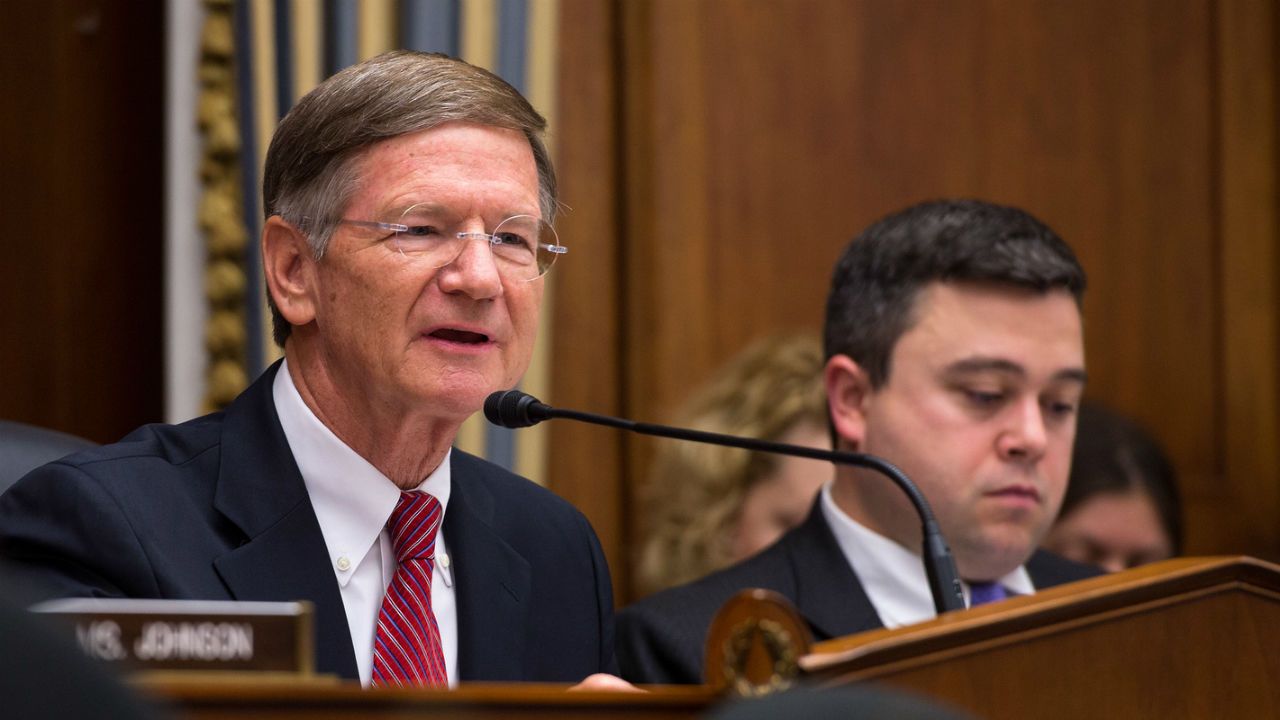Archive for the ‘science’ category: Page 112
Nov 22, 2017
The real science behind the unreal predictions of major earthquakes in 2018
Posted by Derick Lee in category: science
The research got a lot of attention after Bilham presented it at the October meeting of the Geological Society of America. Several critics noted that correlation is not causation — earthquake clusters and fluctuations of Earth’s rotation might happen on the same time scales, but that doesn’t mean they are linked.
There’s a curious connection between earthquakes and the Earth’s rotation. But that doesn’t mean the planet is in for a major shaking next year.
Nov 21, 2017
Maximize the impacts of space science
Posted by Derick Lee in categories: government, science
In our view, to get the most from space-science programmes — in terms of impacts on research and reputation — government agencies and institutions need to choose, manage and assess missions in ways that optimize the scientific outputs. As heads of space-science agencies and institutes from around the world gather at a forum next week in Beijing to identify principles for maximizing returns on such missions, we call on them to put science first.
Put research goals first when prioritizing and managing national and international projects, urge Ji Wu and Roger Bonnet.
Nov 20, 2017
Fifty years since the first United Nations Conference on the Exploration and Peaceful Uses of Outer Space (1968 — 2018): UNISPACE+50 — United Nations Office for Outer Space Affairs (UNOOSA)
Posted by Odette Bohr Dienel in categories: business, environmental, governance, government, law, policy, science, space, space travel, treaties
“UNISPACE+50 will celebrate the fiftieth anniversary of the first United Nations Conference on the Exploration and Peaceful Uses of Outer Space. It will also be an opportunity for the international community to gather and consider the future course of global space cooperation for the benefit of humankind.
From 20 to 21 June 2018 the international community will gather in Vienna for UNISPACE+50, a special segment of the 61 st session of the Committee on the Peaceful Uses of Outer Space (COPUOS).”
Nov 20, 2017
Why Longer Lives Thanks to Science Will Probably Not Create Cultural Stagnation
Posted by Steve Hill in categories: biotech/medical, life extension, science
You probably know the quote by Steve Jobs saying that death is life’s single best invention because it gets rid of the old and makes room for the new. This view is the core of another fairly common objection to rejuvenation, codename “cultural stagnation”.
Wouldn’t all those rejuvenated people, however physically young, be always old people “inside”, and drag everyone down with them into their anachronistic, surpassed ways of thinking, making it harder for fresh ideas to take hold, ultimately hindering social progress and our growth as a species? Maybe it’d be best not to take the risk, forget rejuvenation, and be content with old age as it is.
Well, try explaining to your grandfather that the reason he has to put up with heart disease is that we’re afraid people his age may all become troublemakers when you let them live too long.
Nov 17, 2017
3 Ways Science Might Help You to Live Longer
Posted by Steve Hill in categories: biotech/medical, life extension, science
Today, we take a look at three key emerging technologies that might add extra healthy years to your life by addressing the aging processes directly to prevent or delay age-related diseases.
Senolytics – Removing aged dysfunctional cells to promote tissue regeneration
As we age, increasing amounts of our cells enter into a state known as senescence. Normally, these cells destroy themselves by a self-destruct process known as apoptosis and are disposed of by the immune system. Unfortunately, as we age, increasing numbers of these cells evade apoptosis and linger in the body.
Continue reading “3 Ways Science Might Help You to Live Longer” »
Nov 14, 2017
Why do some People Fear Using Science to Live Longer Healthy Lives?
Posted by Steve Hill in categories: life extension, science
With the recent surge of enthusiastic support for LEAF/Lifespan.io and the idea of defeating aging, I really shouldn’t be complaining about the lingering holdouts opposing the idea of living healthy and longer lives for whatever reason. Nonetheless, I feel compelled to point out the jarring contradiction of a species whose members are constantly on the lookout to avoid danger, yet need to be reassured that at some point they will die and that science is by no means trying to prevent that.
Fear of life extension
This curious phenomenon was pointed out earlier this year by James Goodwin in the journal of the Gerontological Society of America[1]. In his article “Fear of life extension”, he argues that the commandment of geriatrics is “quality, not quantity” because policymakers fear a future in which longer life means overpopulation of nursing homes, and as a consequence, researchers working on interventions on aging need to clearly state that their goal is just making our final years a little better—but making us live longer? God forbid, no! We only want to live in perfect health for about 80 or 90 years, then magically drop dead for no apparent reason.
Nov 5, 2017
House science chair to retire from Congress
Posted by Derick Lee in categories: government, science
The controversial chairperson of the science committee in the U.S. House of Representatives announced today that he will not seek re-election to Congress next fall. The pending departure of Representative Lamar Smith (R–TX) could give the U.S. scientific community a chance to recalibrate a rocky 5-year relationship with a key congressional committee.
Representative Lamar Smith’s tenure marked by bitter clashes with science community.

Transmedics, une machine qui permet de « réanimer » un coeur ayant cessé de battre. Une belle avancée pour augmenter considérablement le nombre de greffons disponibles pour les transplantations!
Via Explore Science

















